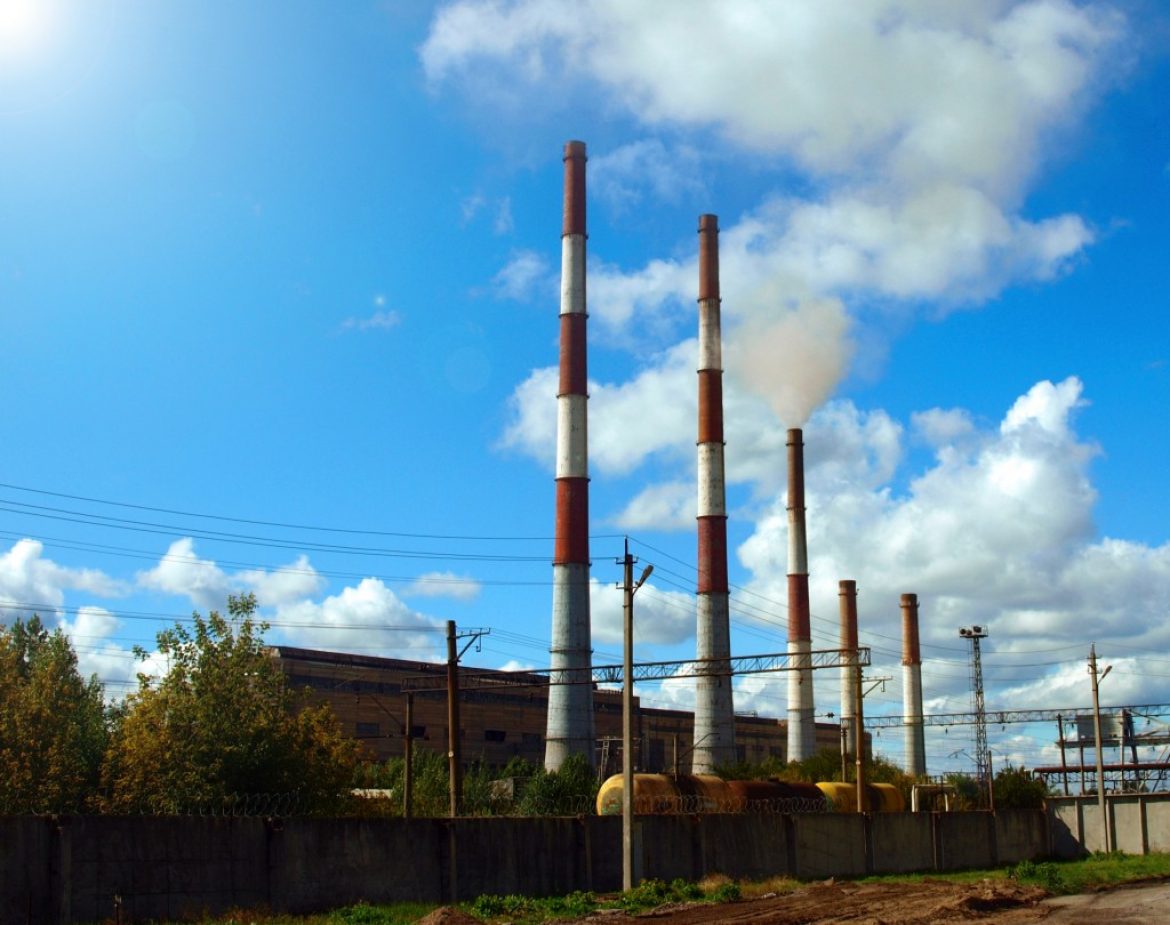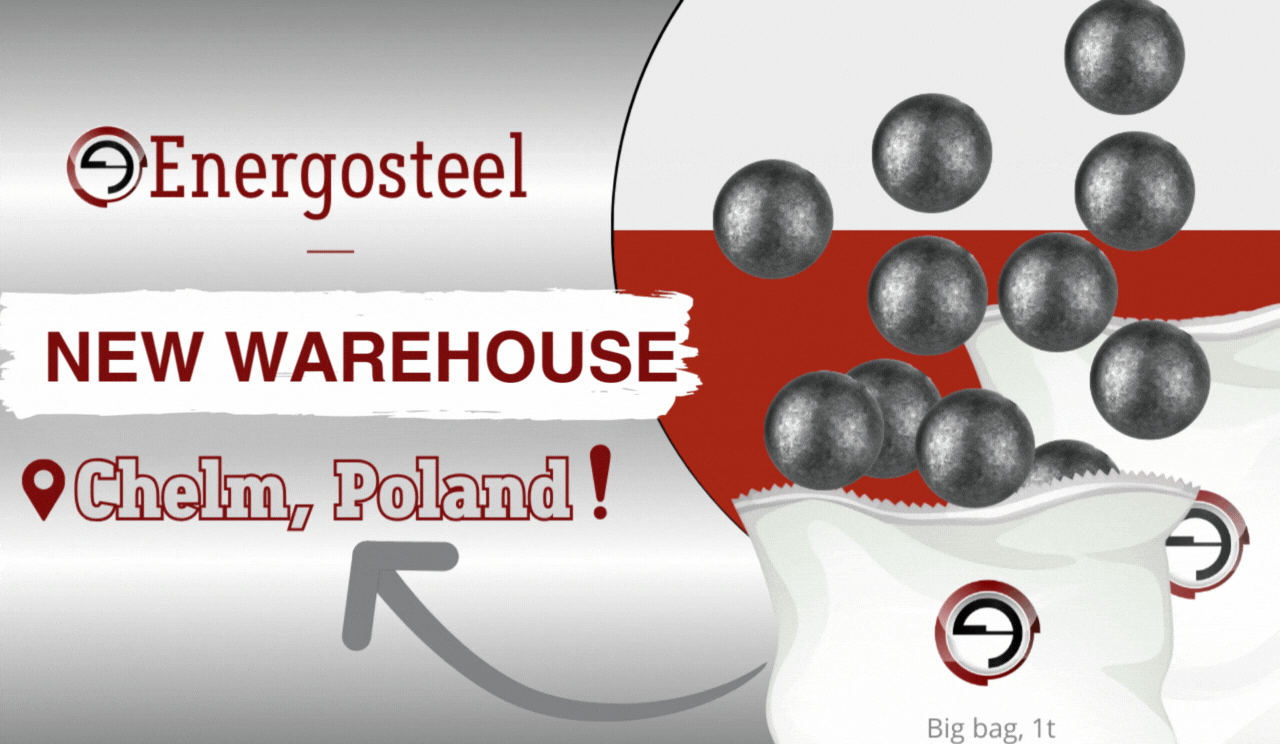Ball mills use in all industries needs a material grinding. Steel grinding balls use as grinding media in such mills.
In this article, we will consider the steel grinding balls use in coal grinding. Coal grinding is preparatory process to a creating mixture for combustion in boilers at thermal power plants.
To a high-quality fuel creation for the TPP units furnaces (fuel has the coal basis), needs to achieve the maximum material grinding degree and maximally reduce the coal dust moisture content.
Fuel drying and fuel grinding can be carried out separately or jointly in one unit.
If these processes occur separately, then coal dried in drying drums and ground in short ball mills. The ratio of drum length to the drum diameter is usually 1.5: 1.
The 40 mm grinding balls of the 2nd and the 3rd hardness groups have used for coal grinding at thermal power plants in USSR. This is due to a fairly low hardness indicator of the grinded material and absence the grinding balls with higher hardness groups, in the past.
Following the coal grinding world practice, Energosteel company specialists among the first offered for customers to use grinding balls the 4-th and 5-th hardness groups for coal grinding. Numerous tests have proven that use of grinding balls with a 4th and 5th hardness groups leads to a significant reduction a prime cost of grinding 1 ton coal. Currently, almost all Ukrainian energy accumulating companies use the 40mm steel grinding balls the 4th and 5th hardness groups produced by Energosteel.
The mills operating in mixed mode means the one part of the grinding balls kinetic energy aim at the strike (for the materials lumps destruction), the other part aim on the material abrasion into dust. Coal pre-crushed to a 8-10 mm grains for the ball mill productivity increase. Jaw and roller crushers mainly used for large and medium crushing. Hammer mills used for finer grinding. Special care must be taken during working with coal, as it is highly flammable and explosive with fine crushing. That is why the crushing replaced by grinding in ball mills.
The fuel fine grains (formed in the mill) come through the pipeline in the dust-gas mixture form into the separator for large grains separation, returned then to the mill through the pipe for further grinding. The finished product entered as a dust-gas mixture to the cyclone for coal dust depositing from the gas stream.
The gases released from the coal dust, fed into the powerful fan and forced into the fan branch pipe the rotary kiln. Due to a fan branch pipe the coal dust blown into the furnace through the nozzle. The dust precipitated in the cyclone, poured into the hopper, then evenly enters in the nozzle through the feeder, picked up by the gas flow from the fan and introduced into the furnace.
It should be noted that to date, the Energosteel grinding balls used in virtually all thermal power plants in Ukraine. An established stereotype about using grinding balls only with 2nd and 3rd hardness groups for coal grinding was destroyed, thanks to work of our company specialists. A lot of industrial tests were conducted. All them showed the use of grinding balls with a high hardness group doesn’t affect the grinding quality and the drum armor wear. The cost of grinding 1 ton coal reduces due to reduction the grinding balls specific wear. Also, the time for loading works shortened, that generally leads to an increasing the ball mills efficiency.







